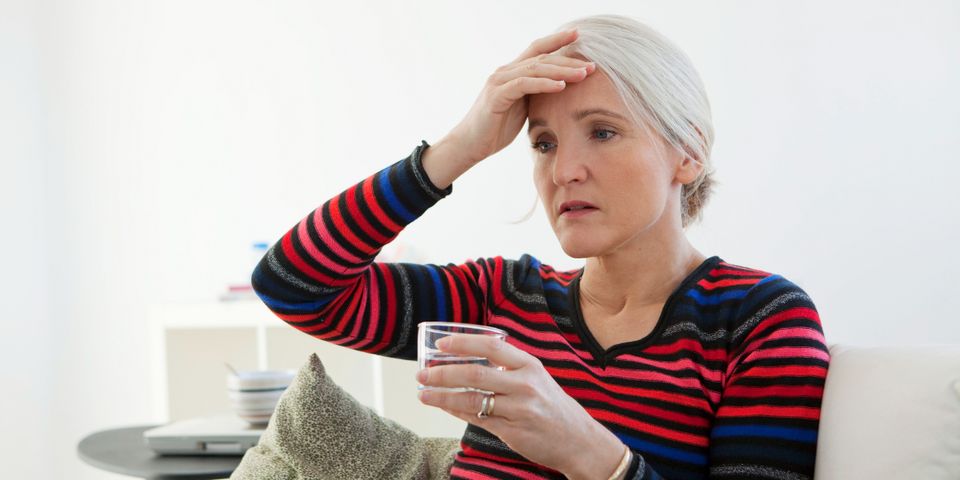How Does Menopause Impact Bone Density?

During menopause, hormone levels within the body begin to fluctuate and estrogen levels eventually drop. While this is a natural part of every woman's life, the change in hormonal balance can have varying side effects, such as osteoporosis. When you begin noticing symptoms of menopause, talk to your gynecologist about reducing your risk of osteoporosis while managing any discomfort during this transition.
Why Does Bone Density Decrease After Menopause?

Estrogen is a hormone that helps keep bones strong as you age. In fact, bone strength and estrogen are directly related, so the less estrogen you have, the faster bone loss occurs. Since menopause causes sharp declines in estrogen production, it leads to more severe bone density loss. If you're in your 50s, discuss your risk factors for osteoporosis with your gynecologist as soon as you begin experiencing symptoms, such as hot flashes, irregular periods, and mood swings. The sooner you address this issue, the less risk you face as you age.
How Does It Impact Osteoporosis Chances?
While the exact cause of osteoporosis is unknown, there are several factors known to increase an individual's risk. Alongside age and body weight, lifestyle factors and gender play a big role. In fact, women may lose up to 10% of their total bone mass in the first five years following menopause. Similarly, a significantly high number of women who have gone through menopause will experience a fracture that's related to osteoporosis at some point in their life. Luckily, there are several effective treatment options available to help you reduce your risk of osteoporosis or long-term complications.
How Can You Mitigate Bone Density Loss?
There are several nonpharmacological approaches to help mitigate bone density loss. Some popular options include increasing calcium and vitamin D consumption through supplements and engaging in weight-bearing exercises, all of which help keep your bones strong. However, new research has encouraged the use of pharmacologic options that can help individuals improve bone mineral density. This, in turn, decreases the risk of osteoporosis, fractures, and breaks. These new medications help encourage new bone formation rather than simply slowing the process of bone loss. For the best results, talk to your gynecologist about proactive measures you can take once you begin experiencing signs of menopause.
While the journey into menopause can be uncomfortable and a little nerve-wracking, your gynecologist will help you through this transition. The team at Genesee Valley Obstetrics & Gynecology PC serves patients throughout the Rochester, NY, area and is dedicated to building lifetime relationships with their patients. Their gynecological care services include menopause support, pap smears, and birth control. To learn more about their services, visit their website or call (585) 232-3210 to request an appointment today.
About the Business
(4 reviews)
Have a question? Ask the experts!
Send your question

